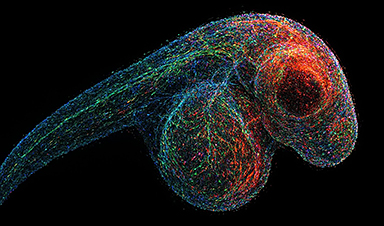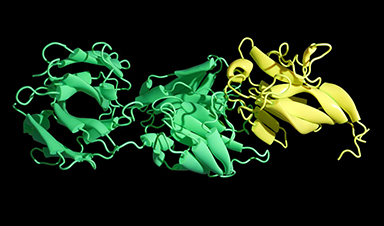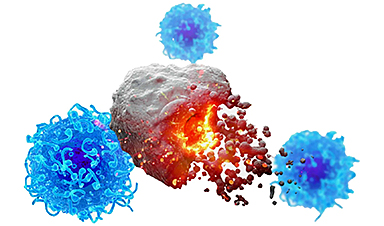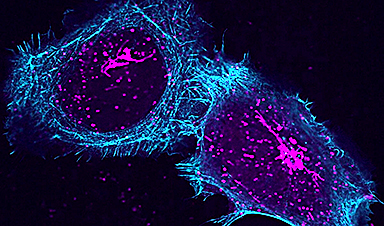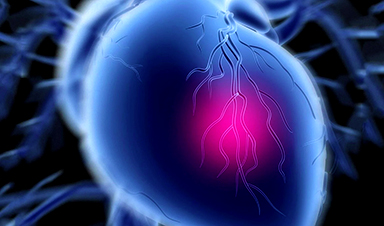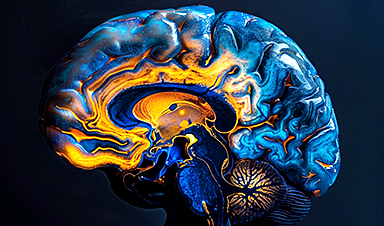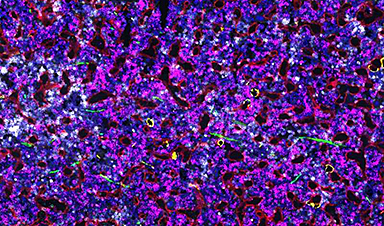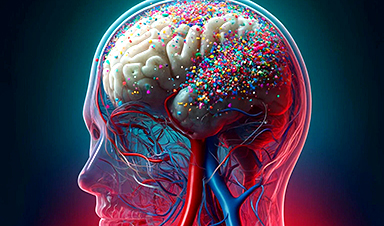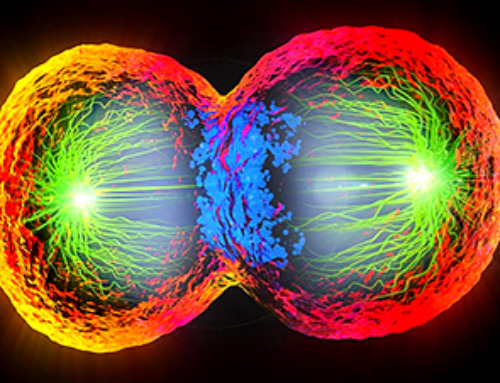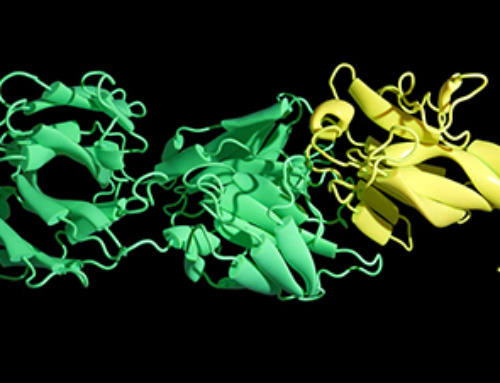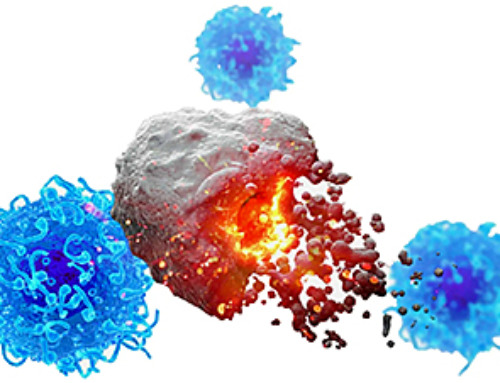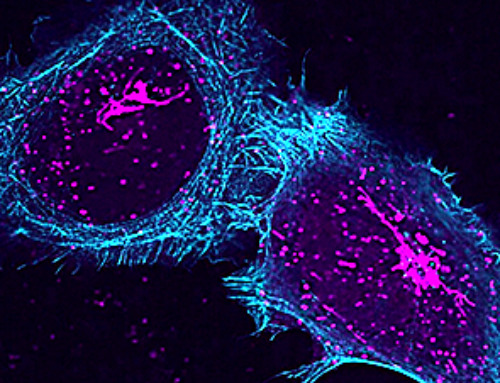- Drug giant announced results on Friday
- Study on 775 COVID patients found pill reduced hospitalization and death rates by 89 per cent compared to patients giving a dummy pill
- Results of independent study were so impressive Pfizer halted it early to seek approval for its usage
- It wants the Food and Drug Administration to authorize the treatment ASAP
- Rival manufacturer Merck’s COVID pill is already under consideration by FDA
Pfizer Inc announced on Friday that its experimental pill to treat COVID-19 can cut rates of hospitalization and death by nearly 90 percent.
The New York-based pharmaceutical company said it is no longer taking new patients in a clinical trial of the drug ‘due to the overwhelming efficacy’ and plans to submit data to U.S. regulators soon.
‘We were hoping that we had something extraordinary, but it’s rare that you see great drugs come through with almost 90 percent efficacy and 100 percent protection for death,’ Dr Mikael Dolsten, Pfizer’s chief scientific officer, said in an interview.
This is the second pill to prove effective at treating the disease after Merck & Co announced last month that its experimental antiviral could reduce the risk of serious illness and death by half.
Pfizer’s candidate, which is called PF-07321332, belongs to a class of drugs known as protease inhibitors.
The pill would work by inhibiting an enzyme that the coronavirus uses to make copies of itself inside human cells.
Protease inhibitors have been effective at treating other viral pathogens such as HIV and hepatitis C virus, both on their own and in combination with other antivirals, the company said.
Pfizer believes this class of molecules may provide well-tolerated treatments against COVID-19, as currently marketed therapeutics that work on the same lines have not reported safety concerns.
On Friday, the drugmaker released preliminary results of its study of 775 adults who contracted mild-to-moderate COVID-19.
All were unvaccinated and were considered high risk for hospitalization due to health problems such as obesity, diabetes or heart disease.
Treatment began within three to five days of initial symptoms, and lasted for five days….
News
DNA Microscopy Creates 3D Maps of Life From the Inside Out
What if you could take a picture of every gene inside a living organism—not with light, but with DNA itself? Scientists at the University of Chicago have pioneered a revolutionary imaging technique called volumetric DNA microscopy. It builds [...]
Scientists Just Captured the Stunning Process That Shapes Chromosomes
Scientists at EMBL have captured how human chromosomes fold into their signature rod shape during cell division, using a groundbreaking method called LoopTrace. By observing overlapping DNA loops forming in high resolution, they revealed that large [...]
Bird Flu Virus Is Mutating Fast – Scientists Say Our Vaccines May Not Be Enough
H5N1 influenza is evolving rapidly, weakening the effectiveness of existing antibodies and increasing its potential threat to humans. Scientists at UNC Charlotte and MIT used high-performance computational modeling to analyze thousands of viral protein-antibody interactions, revealing [...]
Revolutionary Cancer Vaccine Targets All Solid Tumors
The method triggers immune responses that inhibit melanoma, triple-negative breast cancer, lung carcinoma, and ovarian cancer. Cancer treatment vaccines have been in development since 2010, when the first was approved for prostate cancer, followed [...]
Scientists Uncover Hidden Protein Driving Autoimmune Attacks
Scientists have uncovered a critical piece of the puzzle in autoimmune diseases: a protein that helps release immune response molecules. By studying an ultra-rare condition, researchers identified ArfGAP2 as a key player in immune [...]
Mediterranean neutrino observatory sets new limits on quantum gravity
Quantum gravity is the missing link between general relativity and quantum mechanics, the yet-to-be-discovered key to a unified theory capable of explaining both the infinitely large and the infinitely small. The solution to this [...]
Challenging Previous Beliefs: Japanese Scientists Discover Hidden Protector of Heart
A Japanese research team found that the oxidized form of glutathione (GSSG) may protect heart tissue by modifying a key protein, potentially offering a novel therapeutic approach for ischemic heart failure. A new study [...]
Millions May Have Long COVID – So Why Can’t They Get Diagnosed?
Millions of people in England may be living with Long Covid without even realizing it. A large-scale analysis found that nearly 10% suspect they might have the condition but remain uncertain, often due to [...]
Researchers Reveal What Happens to Your Brain When You Don’t Get Enough Sleep
What if poor sleep was doing more than just making you tired? Researchers have discovered that disrupted sleep in older adults interferes with the brain’s ability to clean out waste, leading to memory problems [...]
How to prevent chronic inflammation from zombie-like cells that accumulate with age
In humans and other multicellular organisms, cells multiply. This defining feature allows embryos to grow into adulthood, and enables the healing of the many bumps, bruises and scrapes along the way. Certain factors can [...]
Breakthrough for long Covid patients who lost sense of smell
A breakthrough nasal surgery has restored the sense of smell for a dozen long Covid patients. Experts at University College London Hospitals NHS Foundation Trust successfully employed a technique typically used for correcting blocked nasal passages, [...]
Scientists Invent Plastic That Can Dissolve In Seawater In Just A Few Hours
Plastic waste and pollution in the sea have been among the most serious environmental problems for decades, causing immense damage to marine life and ecosystems. However, a breakthrough discovery may offer a game-changing solution. [...]
Muscles from the 3D printer
Swiss researchers have developed a method for printing artificial muscles out of silicone. In the future, these could be used on both humans and robots. Swiss researchers have succeeded in printing artificial muscles out [...]
Beneficial genetic changes observed in regular blood donors
Researchers at the Francis Crick Institute have identified genetic changes in blood stem cells from frequent blood donors that support the production of new, non-cancerous cells. Understanding the differences in the mutations that accumulate [...]
Shocking Amounts of Microplastics in the Brain – It Could Be Increasing Our Risk of Dementia
The brain has higher concentrations of plastic particles compared to other organs, with increased levels found in dementia patients. In a comprehensive commentary published in Brain Medicine, researchers highlight alarming new evidence of microplastic accumulation [...]
Baffling Scientists for Centuries: New Study Unravels Mystery of Static Electricity
ISTA physicists demonstrate that contact electrification depends on the contact history of materials. For centuries, static electricity has intrigued and perplexed scientists. Now, researchers from the Waitukaitis group at the Institute of Science and [...]

